Delegate Chau Quynh Dao quoted economic expert Tran Dinh Thien: "The national mission of the Mekong Delta is very important, but why are the people of the Mekong Delta still poor, with their income far lower than the national average?"
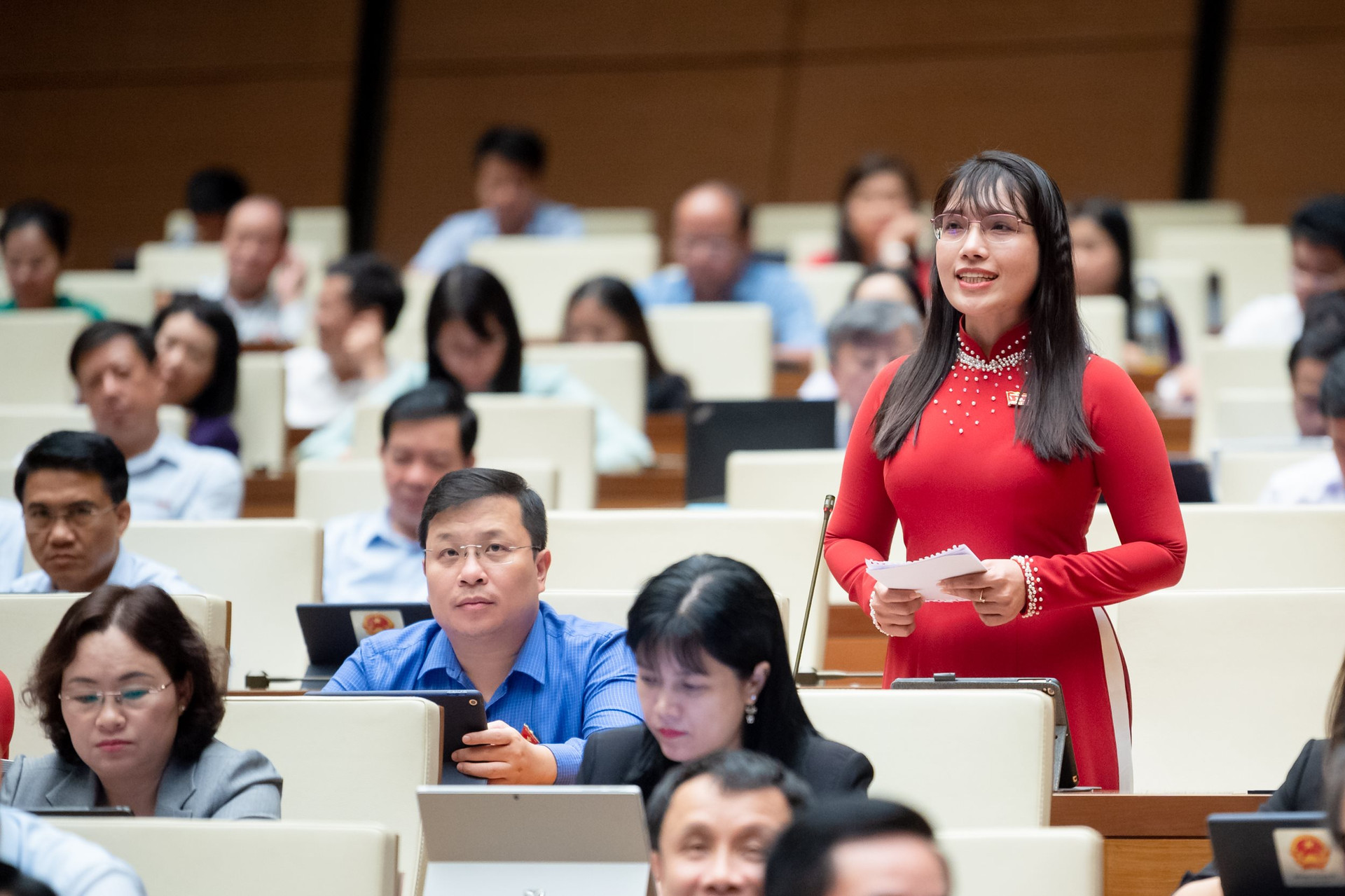
Delegate Chau Quynh Dao said that people in the Mekong Delta are proud to have contributed to ensuring food security for the whole country, contributing 56% of food production and 95% of rice exports in the context of modest capital allocation; this region is still a low-lying area in terms of education and health, and has an additional daily concern of having to adapt to climate change.
In 2017, the National Assembly issued Resolution 120 on sustainable development of the Mekong Delta associated with climate change adaptation, which identified people as the center and water resources as the core factor, but development in this region has not achieved the desired results.
Delegate Chau Quynh Dao is concerned that the water resources in the Mekong Delta are increasingly depleted. By 2020, the amount of alluvium will decrease by 67% and by 2040 it is predicted to decrease by 97%. The decrease in water and alluvium will lead to a decrease in the fishing economy, with a forecast loss of 120 to 205 million USD/year. This is one of the causes of riverbank and coastal erosion and threatens people's lives and property.
Delegates analyzed the reasons for the impact on water security in the Mekong Delta, including climate change, drought, and frequent saltwater intrusion; the development of hydroelectric dams in the upper Mekong River; and our water resource management work lacking strategy and low efficiency.
Therefore, at this session, delegates proposed that the Government and the National Assembly continue to study and implement a number of solutions: Continue to promote high-level policy dialogues on water security among countries in the region; change the strategic approach to water resource management towards proactive adaptation in the context of social instability and border instability, especially in the southwestern border area; promptly allocate capital in accordance with Decision No. 1162 dated October 8, 2023 of the Government, that is, supplement the reserve capital of about 4,000 billion VND in the central budget in 2023 for the provinces in the Mekong Delta to proactively implement projects to prevent riverbank and coastal erosion; at the same time, local authorities coordinate with relevant ministries and branches to strengthen the capacity to forecast and assess water resource management and protection for officials in charge and raise people's awareness of protecting water resources.
Previously, on the morning of October 26, at the National Assembly House, under the chairmanship of National Assembly Chairman Vuong Dinh Hue, the National Assembly discussed the draft Law on Water Resources (amended). The goal of amending the Law is to perfect the synchronous and unified legal corridor, ensuring transparency to be able to exploit resources to the maximum, allocate them reasonably and use them effectively; ensure national water security; focus on preventing, controlling and restoring degraded, depleted and polluted water sources; clearly define the responsibilities for water resource management and the responsibilities for managing water exploitation works at both central and local levels to overcome overlaps and conflicts of law.
In addition, the Law will aim to manage water resources on a digital technology platform, unify databases, build a set of tools to support real-time decision-making, reduce management and operation human resources, and state investment costs; and reduce business conditions for organizations and individuals.
At the same time, there will be a gradual shift from management by administrative tools to management by economic tools through policies on: water prices, taxes, fees, charges, water resource exploitation rights fees; and promoting socialization.
Source


![[Photo] Prime Minister Pham Minh Chinh chairs the 14th meeting of the Steering Committee on IUU](https://vphoto.vietnam.vn/thumb/1200x675/vietnam/resource/IMAGE/2025/9/23/a5244e94b6dd49b3b52bbb92201c6986)
![[Photo] Editor-in-Chief of Nhan Dan Newspaper Le Quoc Minh received the working delegation of Pasaxon Newspaper](https://vphoto.vietnam.vn/thumb/1200x675/vietnam/resource/IMAGE/2025/9/23/da79369d8d2849318c3fe8e792f4ce16)




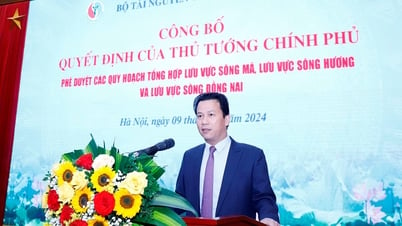
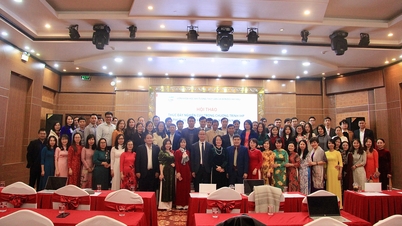
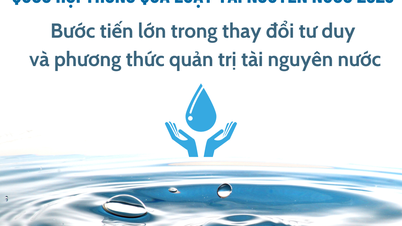
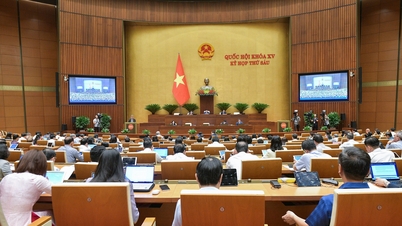
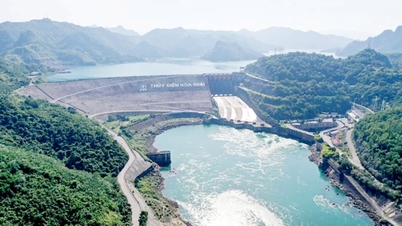
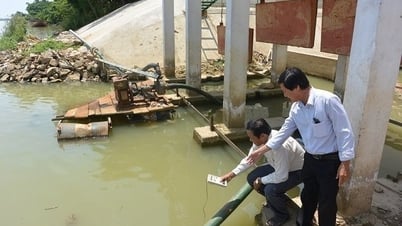





















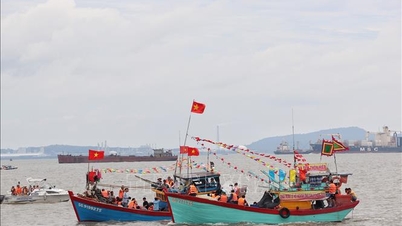

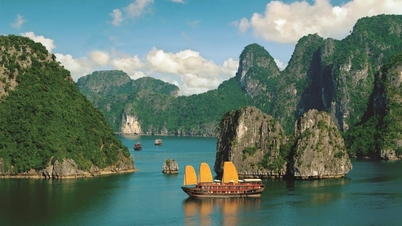

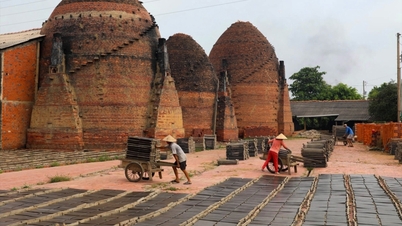





























![[Photo] Solemn opening of the 1st Congress of Party Delegates of Central Party Agencies](https://vphoto.vietnam.vn/thumb/402x226/vietnam/resource/IMAGE/2025/9/24/82a89e250d4d43cbb6fcb312f21c5dd4)





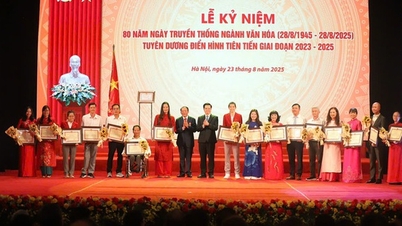




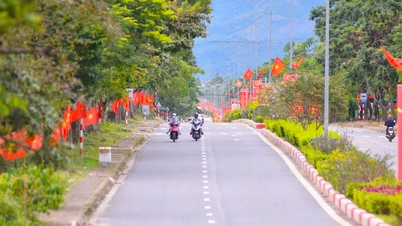

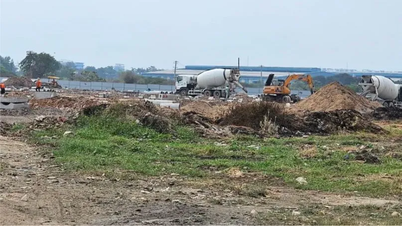



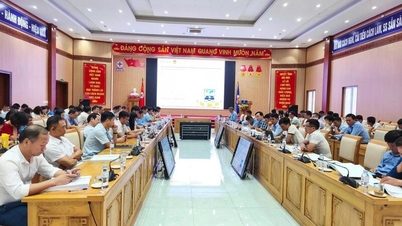

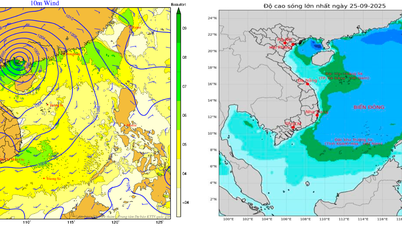

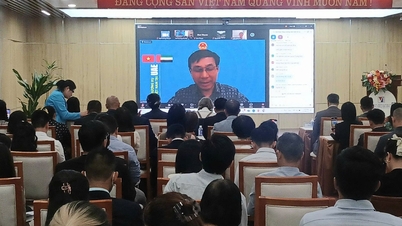




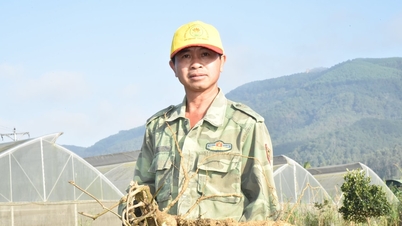








Comment (0)